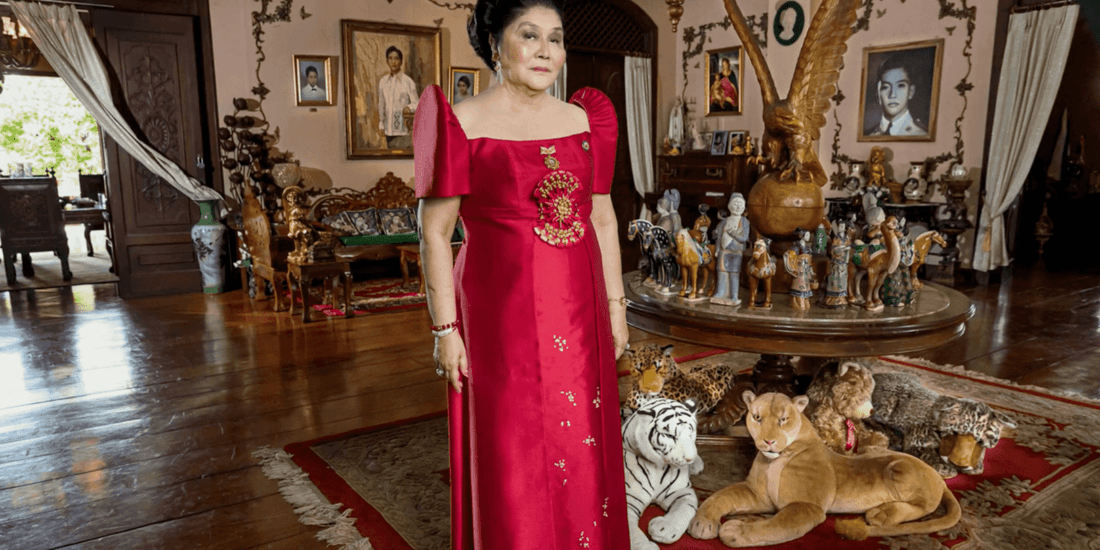The makings of a hero: The heroes we deserve in Zero to Hero
The heroes we look up to all the time always come with special powers and magical traits. But Zero to Hero will give us someone to prove that heroes can be stalwart athletes as well. Based on the true-to-life reckoning of phenomenal paralympic sprinter So Wa Wai from Hong Kong, Zero to Hero ventures us through Wa Wai’s bumps and triumphs in his sporting life. From the unsung stories of paralympians to the resounding lack of government aid to the sports industry, the movie carries strong messages that reflect the experiences of athletes and para-athletes that hit too close to home. This also comes with an offer of what could be an uplifting thing that play-deprived athletes would want to hear in this time of pandemic: to strive and to move forward.
A biopic movie about an athlete wouldn’t disappoint without a piece of action, and Zero to Hero is packed with true to life athletic stunts and real-life drama all in one sitting. Opening at the track that would soon witness So Wa Wai (played by Leung Chung-hang) winning the 2008 Beijing Olympics, cheers and noise from the crowd transcend the screens to capture the hype of the Olympic moment. But a cloudy opening scene is only a glimpse of what So Wa Wai, before becoming the “Wizard Boy,” would eventually accomplish.
Following a rare medical condition that caused Wa Wai’s cerebral palsy, his early life was riddled with many difficulties, bullying and goading included. From being mocked due to his condition, he shrugged at how other kids treated him unkindly and developed something nifty in the process: to run fast from the bullies. With his mother who served as his greatest support, the athlete learned to be tenacious whatever challenges were thrown in their way. This pushed them both to sign Wa Wai up as a sprinter, which paved the way for the coach of Hong Kong’s paralympic athletics team (coach Fong) to see the young athlete’s potential and help make a hero out of him.
Gaining momentum and spotlight from winning, Wa Wai’s mother saw it fit to voice out the struggles of the paralympic community in Hong Kong. “Equal pay for equal work,” his mother had said towards the interviewers as they walked home with their medals. This line she echoed after hearing from coach Fong that the paralympians’ hard work for representing their country gets unfair incentives. From then on, they began to gain attention for what they truly deserved as triumphant para-athletes, which has always been far more than what their government provides.
While the film portrays a creative representation of obstacles faced by the Wizard Boy of Hong Kong, it still draws inspiration from the harsh reality of sports that are close to home. In the Philippines, athletes are met with hurdles of cushioning themselves in tournaments—like how weightlifter Hidilyn Diaz, the first Filipino gold medalist in the Olympics, begged for sponsorships prior to her historical win in the Olympics. Moreover, the lack of attention for grassroots programs that are considered as the producers of national to international athletes, are still prevalent today. True enough, Zero to Hero tells us more than wholesome inspiration about the struggles of athletes and para-athletes across.
What makes Zero to Hero deserving of viewers’ attention is its surrealness and the score of Wa Wai’s genuine feats to our hearts. Like most archetypes of athletes that are giving up on their sport to make more practical choices, Wa Wai had found himself to be no exception to making such a career-changing decision. When his father got into an accident and most of their finances plummeted before their eyes, the Wizard Boy started to pivot from his beloved sport in order to help his family escape their problems. With this, his dreams to run further for his country were set aside and pushed himself off the tracks. However, running seemed to be thick on his veins and with the opportunity to banner the Hong Kong flag in the 2008 Olympics held in their turf, Wa Wai got hyped to gear up and got back on his athlete shoes again.
Cruising past the insurmountable odds from running once more, the star of the movie bolted his way through life, all while proving it to be a challenging track for a returning paralympian. As the film’s script writing explored how Wa Wai spelled out his emotions, his powerful lines showed through the film—something that is not too far from Filipinos’ quenching taste for real life dramas and telenovelas. “I only know that my way is to look forward, not stare at this thing. Yes, I know that I start slow. But that’s why I kept catching up and charging forward. It’s just like my life. I must come up from behind.” Among others, this scene where Wa Wai and coach Fong almost gave up prevails to be one of the strongest scenes that the movie has to offer. It hits what most athletes out there have gone through during the pandemic fallout, bearing an uplifting reminder that striving and moving forward are never underrated.
***
Looking at athletes’ victories, even losses, will never be the same again after combing through the life of So Wa Wai, recreated in the movie Zero to Hero. Athletes like him may not have out-of-this-world powers and abilities, but they can still be the heroes that we deserve. With all of this coalesced in one underrated movie, suffice to say that Zero to Hero, just like what once of the one who lived the story, is indeed a movie to be reckoned with.
Watch the trailer here.
Slider Courtesy of Netflix.





